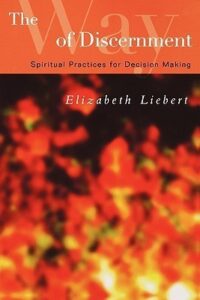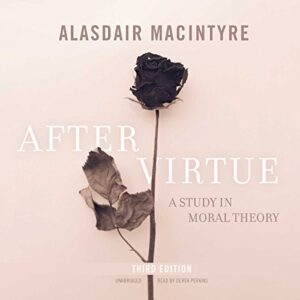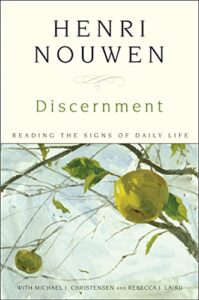 Summary: Discerning the Voice of God is a spiritual discipline that can be learned.
Summary: Discerning the Voice of God is a spiritual discipline that can be learned.
I am about eight months into a project to understand what people mean when they talk about discernment in the Christian context and how it can be learned and discussed. If you include the books that I read as part of my training to become a spiritual director and my previous general interest reading, I have read about two dozen books, many of them more than once, on the topic of discernment. I certainly do not believe that I have a clear understanding of all aspects of discernment. I continue to find new aspects of discernment that I had not thought about. And I have about two dozen more books on my list. But I have a handle on some aspects of it that I have tentatively committed to. That matters because in the case of Discerning the Voice of God, there are many areas of agreement, but my problems primarily come in three areas and my tentative commitments influence those.
First I want to mention the good. She is right that we can learn about discernment. And I think she is right to suggest that goal of discernment is to see is not to see if we will make the wrong choice. This quote from toward the end of the book I think is right.
“But here’s what I want to encourage in you—the big message of this chapter, perhaps the big message of this book. Try never to forget it. Here it is … There’s no code for you to crack. No puzzle He’s waiting for you to put together. No stick He’s dangling in your peripheral vision, then snatching away when you turn your head toward it. He’s not sitting up in heaven with the cameras rolling and stopwatches ticking, testing whether or not you’re spiritually sharp enough to figure out the next move He wants you to make.”
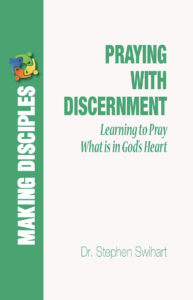
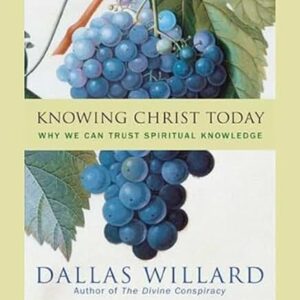

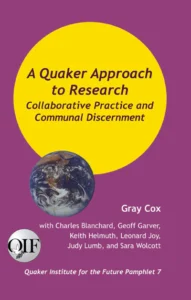 Summary: An exploration of Quaker practices of group discernment in an academic or research setting.
Summary: An exploration of Quaker practices of group discernment in an academic or research setting. 
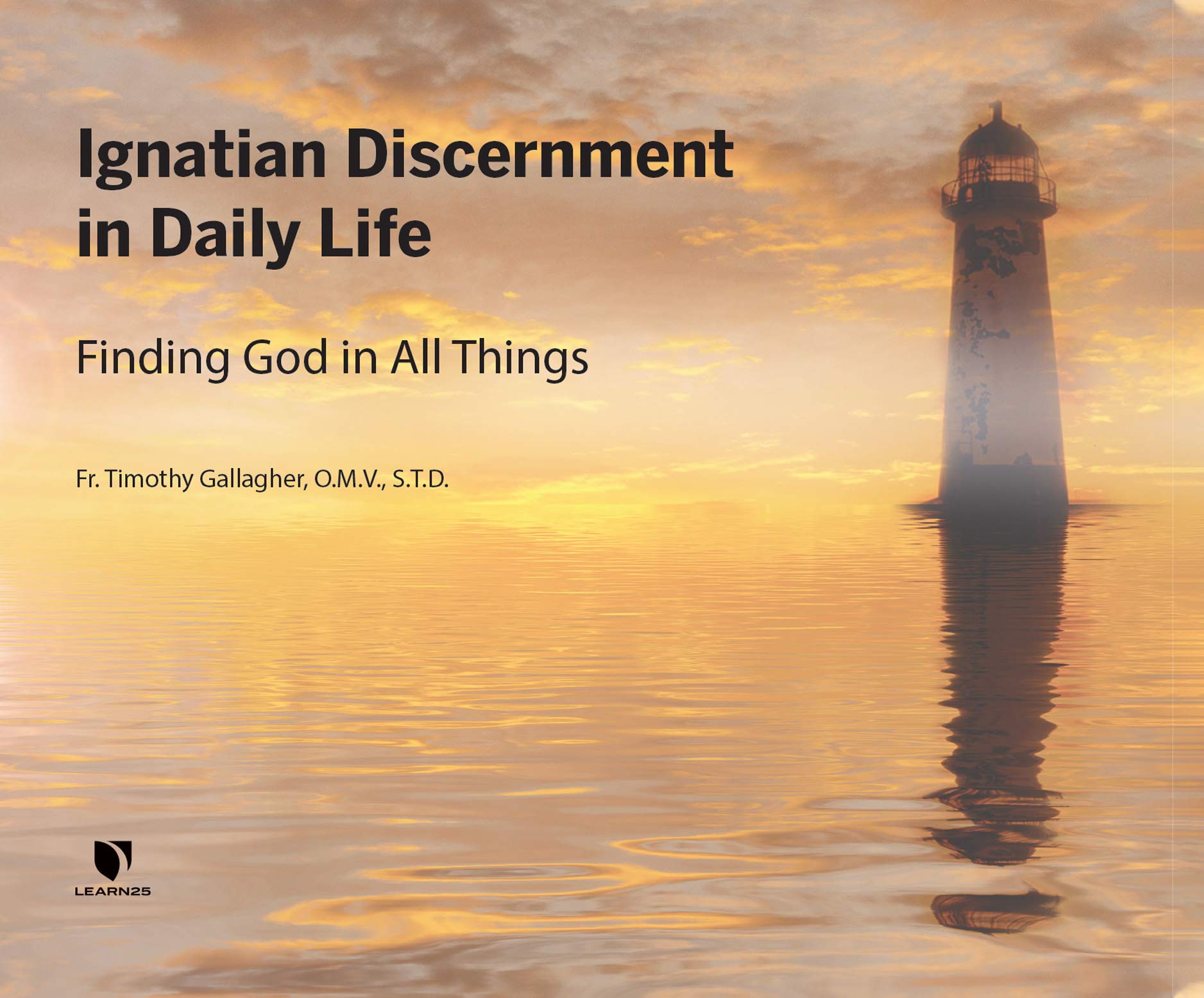 Summary: A series of lectures based on The Discernment of Spirits: An Ignatian Guide for Everyday Living by Timothy Gallagher
Summary: A series of lectures based on The Discernment of Spirits: An Ignatian Guide for Everyday Living by Timothy Gallagher